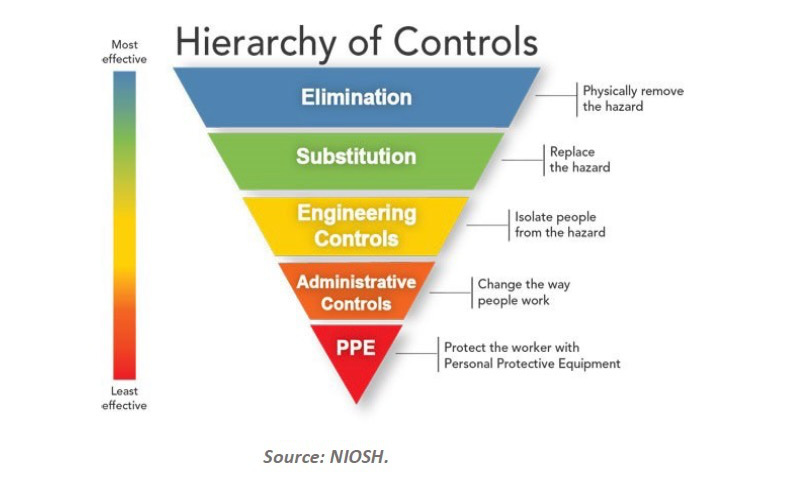'- Principle of legality If there is any potential question on the legality of an activity, consult with your corporate counsel.
– Principle of legality
If there is any potential question on the legality of an activity, consult with your corporate counsel.
Avoid discussions or actions that could lead to or imply an interest in restraint of trade, market and/or customer allocation schemes, price fixing, dealing arrangements, bid rigging, or bribery. Don’t discuss costs with competitors if costs are an element of pricing.
Refrain from the acquisition of trade secrets from another by any means that could be interpreted as improper, including the breach or inducement of a breach of any duty to maintain secrecy. Do not disclose or use any trade secret that may have been obtained through improper means or that was disclosed by another in violation of duty to maintain its secrecy or limit its use.
Do not, as a consultant or client, extend benchmarking study findings to another company without first ensuring that the data is appropriately blinded and anonymous so that the participants’ identities are protected.
– Principle of exchange
Be willing to provide the same type and level of information that you request from your benchmarking partner to your benchmarking partner.
Communicate fully and early in the relationship to clarify expectations, avoid misunderstanding, and establish mutual interest in the benchmarking exchange.
Be honest and complete.
– Principle of confidentiality
Treat benchmarking interchange as confidential to the individuals and companies involved. Information must not be communicated outside the partnering organizations without the prior consent of the benchmarking partner who shared the information.
A company’s participation in a study is confidential and should not be communicated externally without their prior permission.
– Principle of use
Use information obtained through benchmarking only for purposes stated to the benchmarking partner.
The use or communication of a benchmarking partner’s name with the data obtained or practices observed requires the prior permission of that partner.
– Principle of contact
Respect the corporate culture of partner companies and work within mutually agreed procedures.
Use benchmarking contacts, designated by the partner company, if that is their preferred procedure.
Obtain mutual agreement with the designated benchmarking contact on any handoff of communication or responsibility to other parties.
Obtain an individual’s permission before providing his or her name in response to a contact request.
Avoid communicating a contact’s name in an open forum without the contact’s prior permission.
– Principle of preparation
Demonstrate commitment to the efficiency and effectiveness of benchmarking by being prepared prior to making an initial benchmarking contact.
Make the most of your benchmarking partner’s time by being fully prepared for each exchange.
Help your benchmarking partners prepare by providing them with a questionnaire and agenda prior to benchmarking visits.
– Principle of completion
Follow through with each commitment made to your benchmarking partner in a timely manner.
Complete each benchmarking study to the satisfaction of all benchmarking partners as mutually agreed.
– Principle of understanding and action
Understand how your benchmarking partner would like to be treated.
Treat your benchmarking partner in the way that your benchmarking partner would want to be treated.
Understand how your benchmarking partner would like to have the information he or she provides handled and used, and handle and use it in that manner.
NOTE: Identification of firms, organizations, and contacts visited is prohibited without advance approval from the organization.
(Source: The International Benchmarking Clearinghouse)



